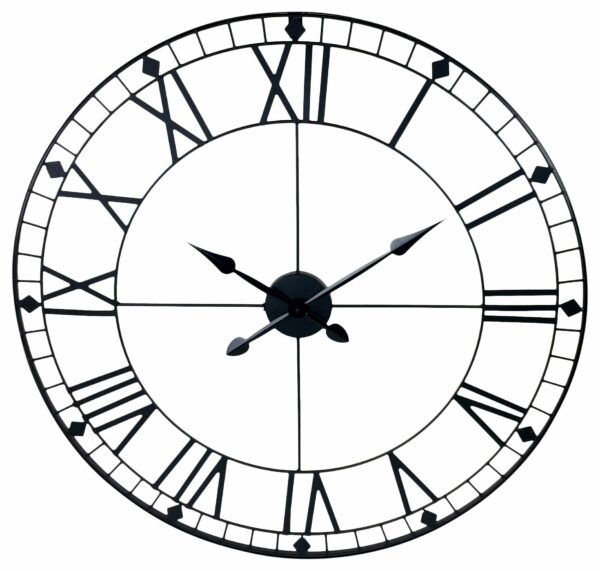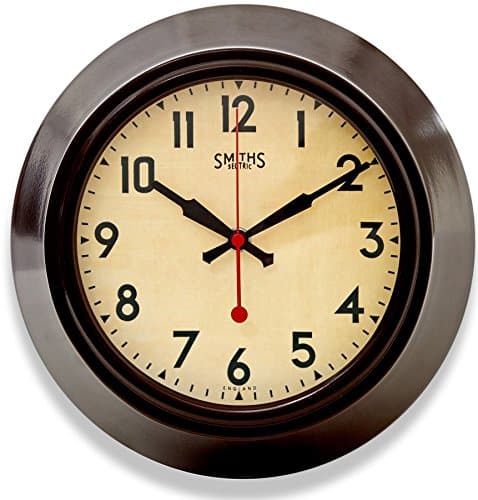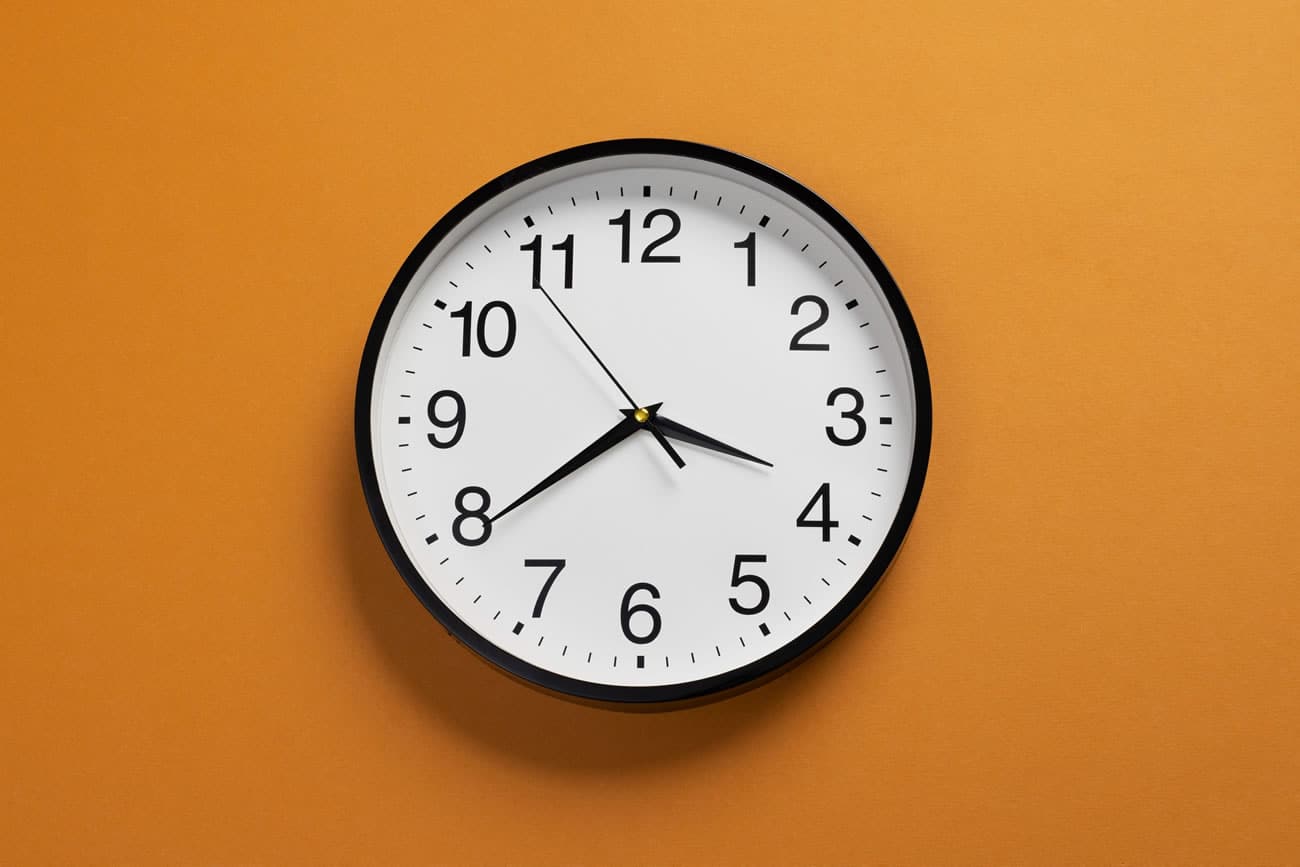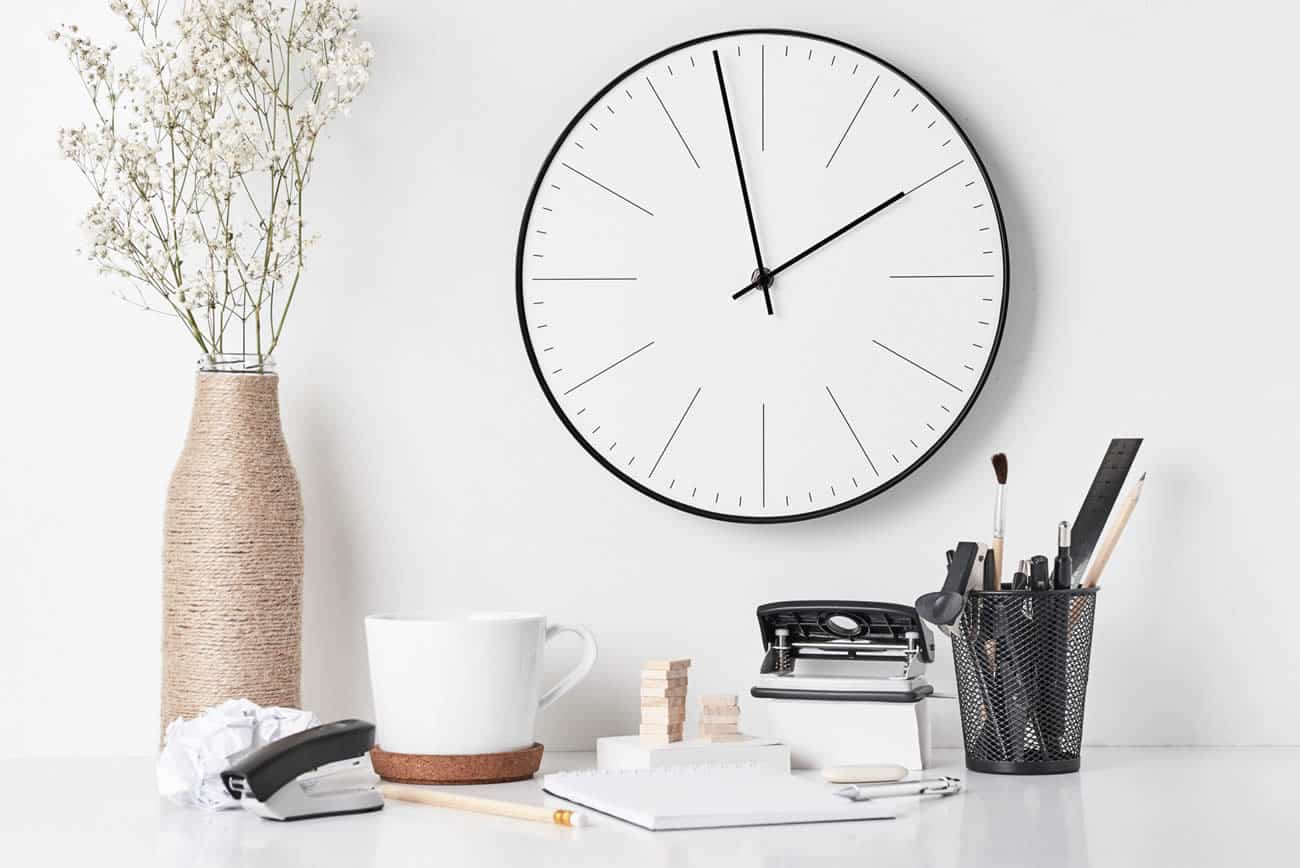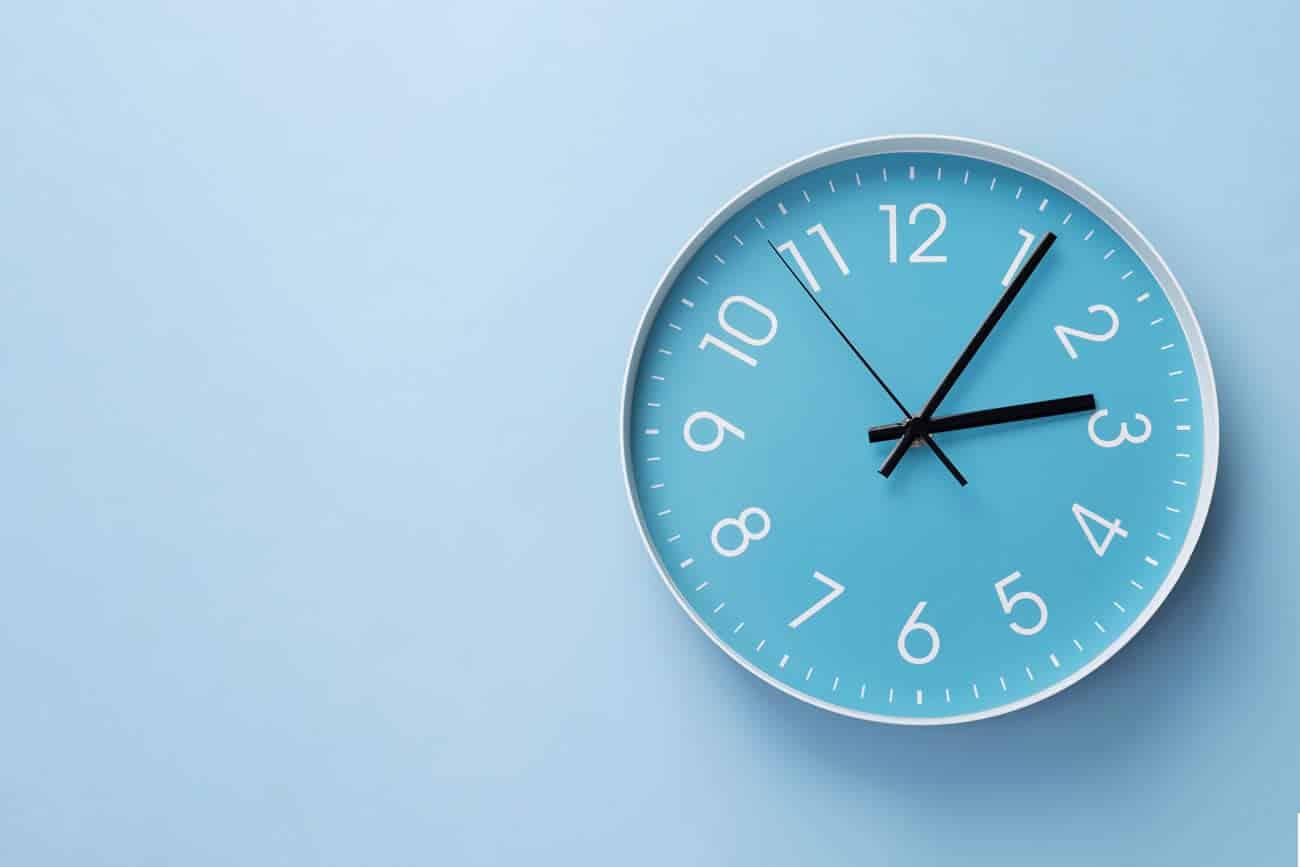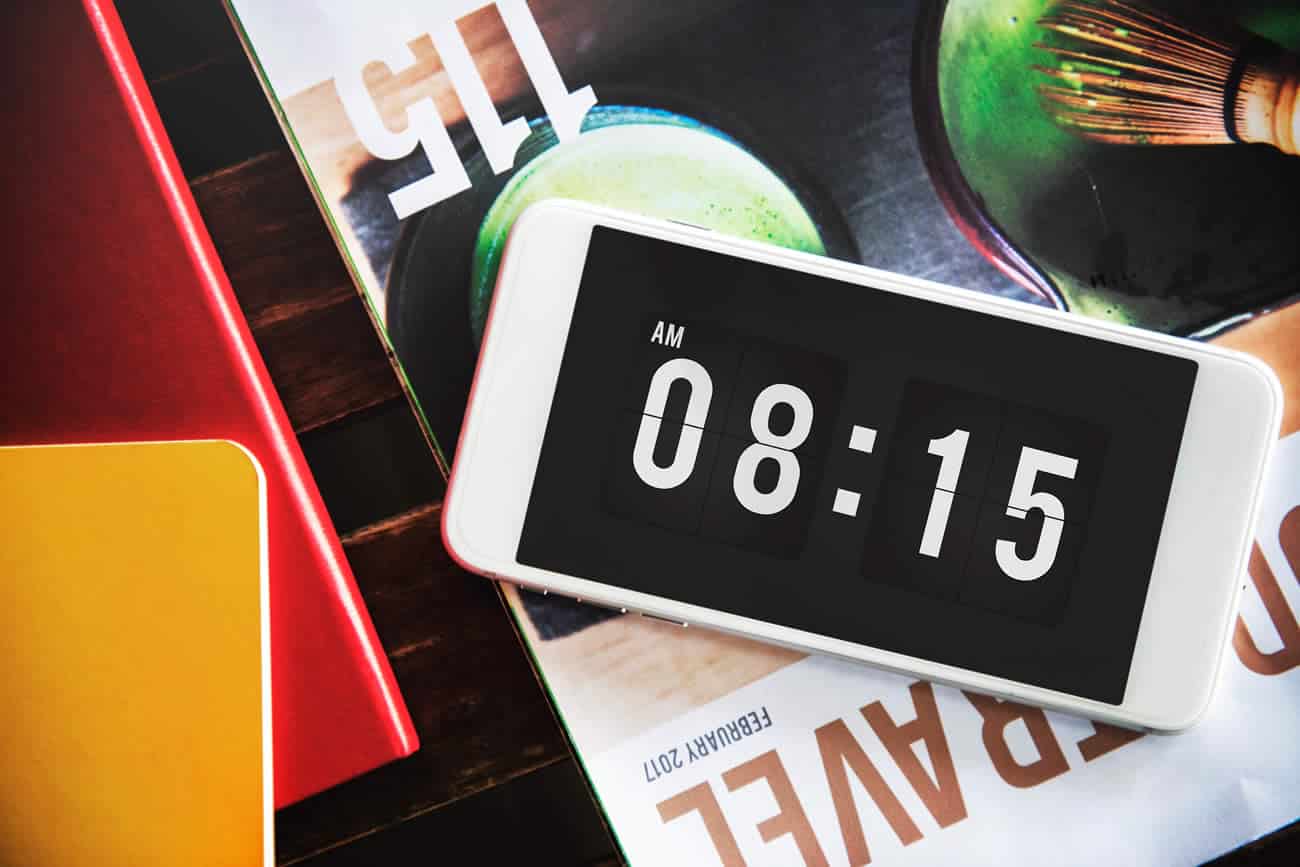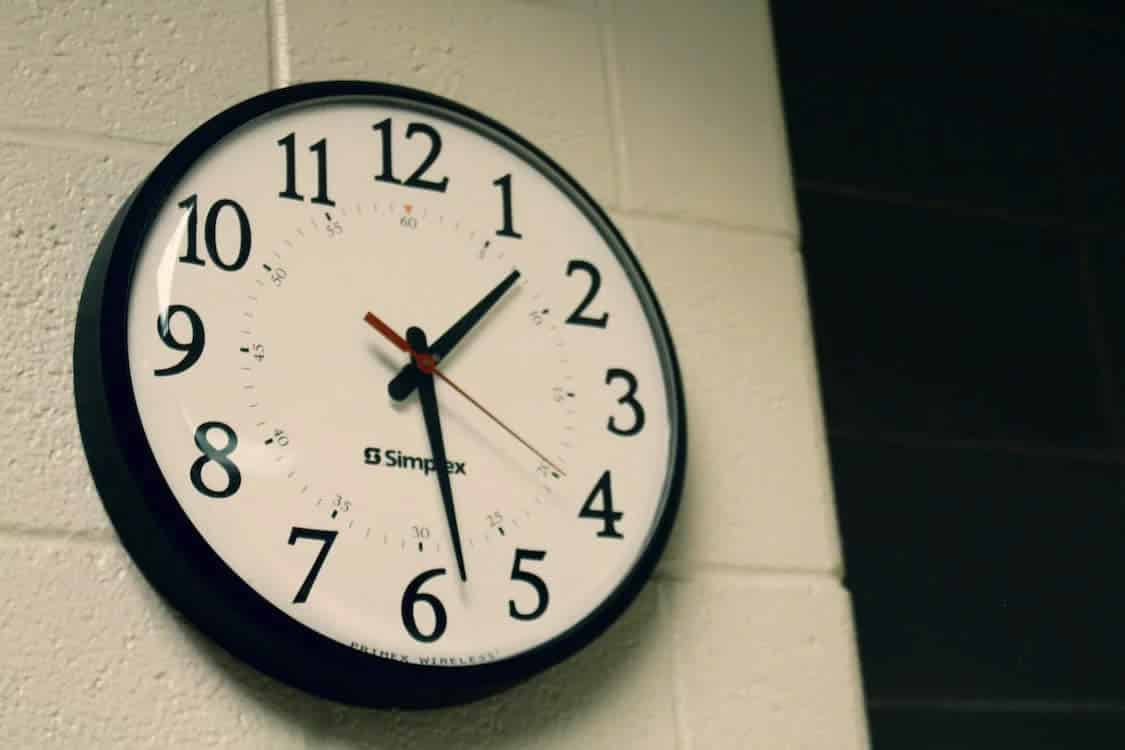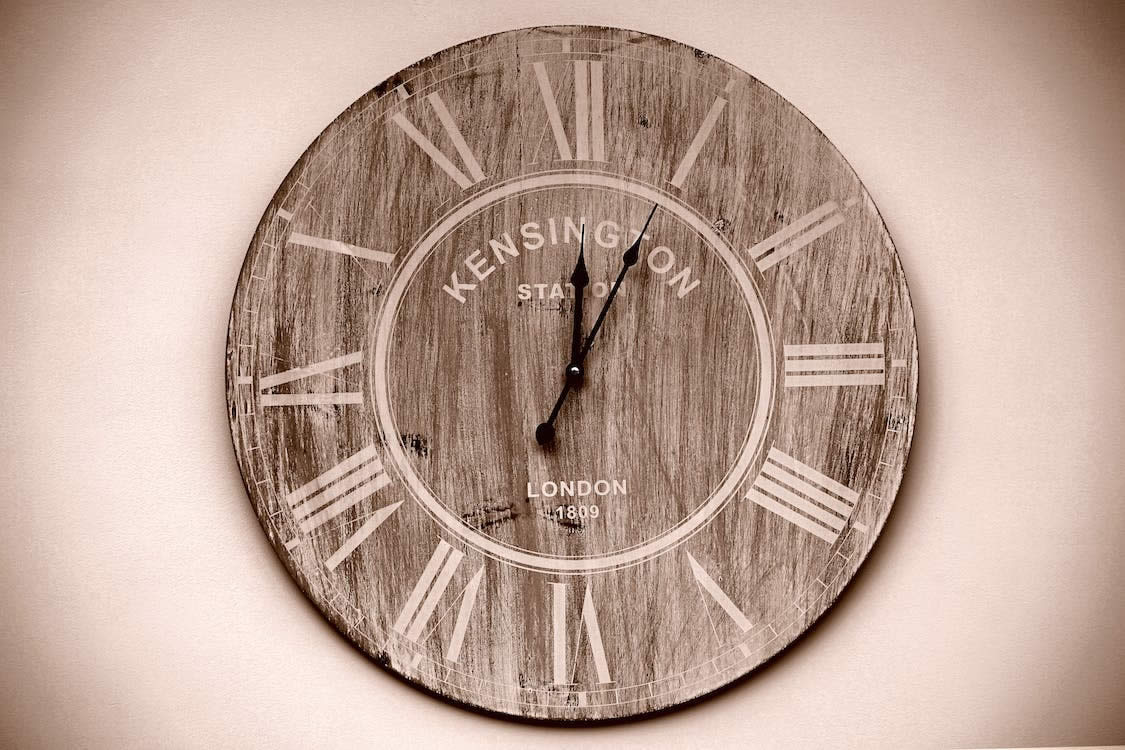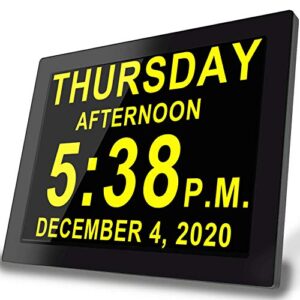 Digital timepieces have been popular for over 40 years now. While most people think of digital clocks as those alarm clocks or watches, the digital large wall clock has increased in popularity over the last few years.
Digital timepieces have been popular for over 40 years now. While most people think of digital clocks as those alarm clocks or watches, the digital large wall clock has increased in popularity over the last few years.
The digital clock was probably one of the most important technological advances in timepieces in the 20th century. Although clockmakers had experimented with this type of clock, it wasn’t until the Plato clock’s invention that it was introduced at the St. Louis World’s fair. The Plato clock was a cylinder–shaped spring wound clock with a column inside to which small cards with numbers were affixed and changed as time passed.
As innovative as the Plato clocks were, the real popularity of digital clocks did not come about until the 1970s when digital watches were introduced. Although these watches were extremely expensive, many people felt they just had to have one. People began purchasing digital clocks from there, especially as technology improved and prices dropped.
Digital Clocks Get Bigger
Over time, people began to realise that digital wall clocks were easier to read at a glance. This led to using the best large digital clocks outdoors like in libraries, banks, and other businesses or outdoor digital signage. Today you can see a large outdoor digital clock used on several buildings.
Many of these clocks not only give you the time but also display the day, the date, and even the temperature which is easy to view from moving vehicles.
The large display digital clock began being made in varying sizes and used for various uses, from alarm clocks for those with vision problems to the large digital wall clock you see in offices and even in many homes.
Decorating Tips
A large digital clock or a classic large wall clock in your home can add to your décor. You can choose from a large digital mantle clock or one designed to hang on the wall. Large digital mantle clocks are great for dressing up your fireplace mantle and look great on a stand in your entryway, living room or dining room.
When using a digital clock designed to be hung on the wall, try using these clocks as the focal point for an entire wall display using pictures or candles to complete the display and bring out the features of the large wall clock itself.
Most digital wall clocks have no fancy or decorative features, so you must dress them up creatively with the rest of your wall display. For example, if your clock has a silver frame, choosing picture frames with silver or silver wall candlesticks with some decorations will add flare to your wall display.
You can also purchase or make a filigree plaque from a contrasting colour to sit directly behind the clock to give it the clock more of an elegant and chic appearance. There are many different looks for a large digital clock that can be used in various ways.
What is the purpose of a digital clock?
Digital clocks are used to tell the time. Digital clocks are often used in offices, schools and other institutions. They can also be found in homes, but most people prefer analogue clocks because they look more attractive and natural.
A digital clock displays time using numbers and letters rather than hands as the traditional clock does. The digits on a digital clock are normally arranged in a circle around a central point (the face). The hands of a traditional clock move around the face once every hour, while digits on a digital clock change their position whenever they reach 9:00.
Digital clocks can be connected to an alarm system that goes off at a certain time if it is set properly. This function is useful for waking up early or reminding people of an appointment later in the day.
What are the features of a digital clock?
Digital clocks are probably the most common type of clock in use today. They’re also the most basic and simple to use. Digital clocks display time as numbers rather than as a series of hands moving around a dial. The numbers on these clocks are usually displayed in groups of 10, so each represents one minute instead of just one second.
Digital clocks may display seconds, but they don’t have a separate hand for seconds on the face of the clock. Instead, there’s usually an indicator light near the top or bottom of the face showing how many seconds have elapsed since you last looked at your watch or phone.
Digital clocks are available in several styles:
Analog/digital combination clocks combine analogue hands and numbers with digital readouts. These can be useful because they tell you what time it is without having to look at two different pieces of information at once.
Digital-only clocks can be useful if you want to know exactly what time it is without having to do any math to figure out how many hours and minutes have passed since midnight (or another predetermined time).
What is the disadvantage of digital clocks?
Digital clocks are great because they’re easy to use and you can get them cheaply. But digital clocks may not be the best choice for your office or work environment.
Disadvantages of Digital Clocks
The biggest disadvantage of digital clocks is that they’re not as accurate as analogue clocks. Digital clocks can lose or gain up to one minute every month so they won’t be accurate after a few years. If you’re using your clock for business purposes, this can cause problems with your schedule and affect productivity.
Another problem with digital clocks is that it’s easy for employees to manipulate them to display the most convenient time for them (i.e. when they have more time left before their shift ends). This can make it difficult for managers to keep track of employee schedules and ensure everyone works efficiently.
What are the advantages of analogue clocks over digital clocks?
In a world where technology is constantly improving, and we live on the go, it’s no surprise that many of us have been converted to digital devices. However, some still prefer the old-fashioned way of keeping time: analogue clocks.
It found that most people prefer analogue clocks to digital ones. While 53 per cent of participants preferred their watch to be an analogue one, only 17 per cent said they preferred using a digital watch. The rest said they didn’t mind either way.
Secondly, even though most people prefer using an analogue clock over a digital one, they still find it hard to read them properly!
Finally, it turns out that if you want to make sure you’re on time for something, then it might be worth investing in an analogue watch or clock because there’s less chance of error with these types of devices – although we’d recommend checking with someone else first (just to be sure).
Is a digital clock more accurate?
Yes, it is. The reason is that it uses a quartz crystal to keep time. This is the same mechanism used in all atomic clocks (which are very accurate). Quartz crystals vibrate at a very precise frequency and can be used as a timing element for electronics. A quartz crystal is simply an oscillator, producing electrical signals at a specific frequency.
Digital clocks use these signals to keep time. They can also be programmed with different frequencies to keep time at different rates (for example, some clocks run faster or slower than normal).
Quartz crystals are extremely stable and do not need any calibration or adjustment. Most importantly, they are not affected by magnetic fields, or temperature changes like traditional mechanical clocks are.
